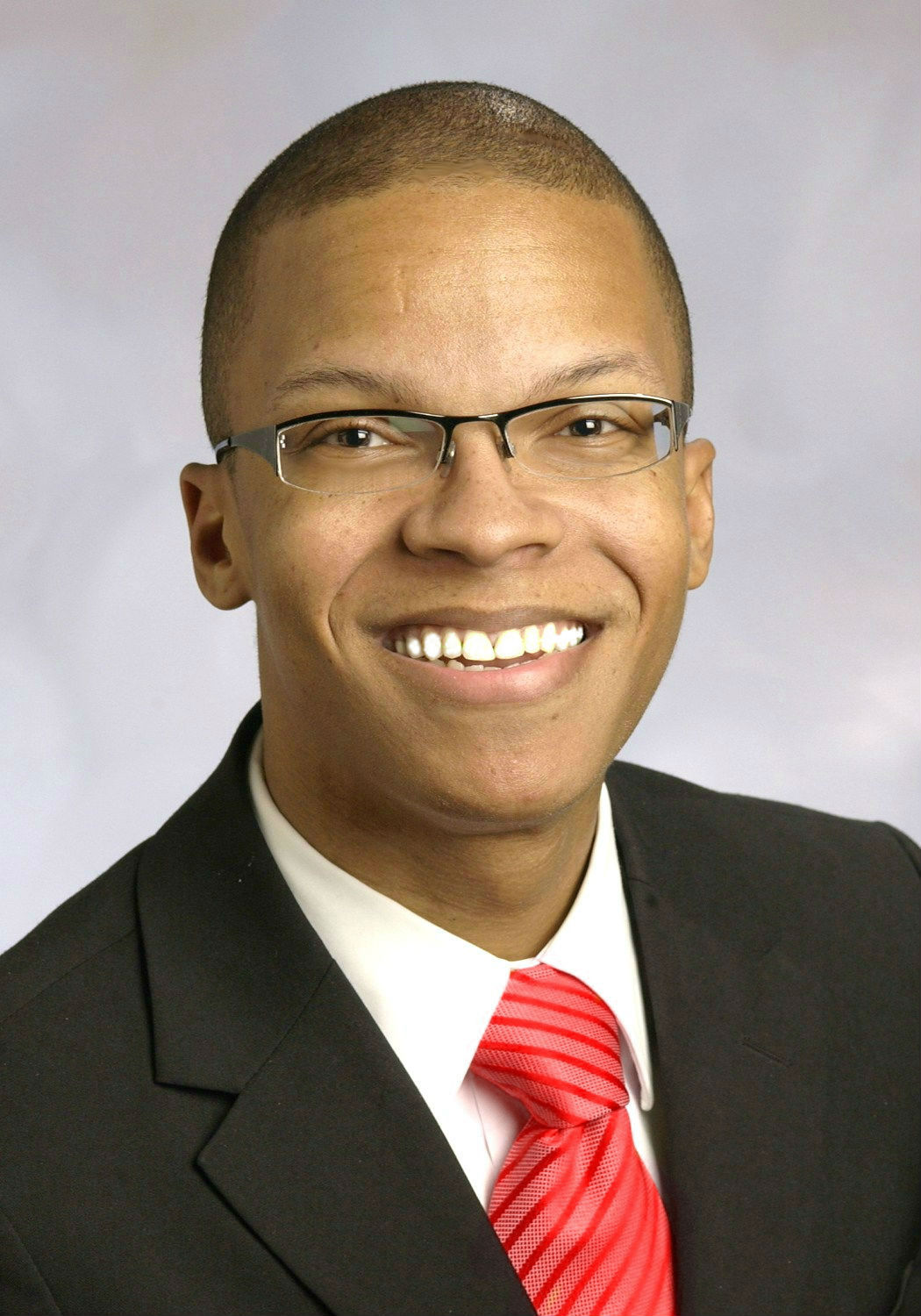Dr. Cindi Love, Executive Director
On December 2, 7, and 9 almost 200 people assembled on-line for the first three Community Conversations: Confronting Reality & Doing What Matters to Get Things Right.
Dr. Tanya Williams and Dr. Kathy O’Bear facilitated the first one. Dafina-Lazarus Stewart and Z Nicolazzo led the next one. Heather Lou and I convened the third one. The fourth Conversation is scheduled December 18 at 4:30 pm EST. It will specifically provide access around these tough conversations for those who work with students and the resources and “best practices” that have proven most helpful to students and practitioners.

Dr. Terrell Strayhorn, and I will be co-facilitating the conversation.
Dr. Terrell L. Strayhorn is Professor and Director of the Center for Higher Education Enterprise at The Ohio State University, wherehe also serves as senior research affiliate in the Kirwan Institute for the Study of Race & Ethnicity, Todd Bell National Resource Center for Black Males, and Criminal Justice Research Center. Currently a member of the Journal of College Student Development editorial board, Strayhorn served on the ACPA Governing Board as Director of Research & Scholarship and instituted the first-ever HBCU Institute as part of the ACPA Convention 2011. A nationally-recognized student success scholar, Strayhorn has authored 8 books, over 150 journal articles and reports, and delivered more than 300 keynotes and presentations.
Please bring your ideas, links to materials that you have used and the stories of student interactions, protests and challenges on your campuses.
I have been particularly aware of how much the post-non-indictments events have triggered my memories of Kent State, the March(es) on Washington, the assassinations of Gandhi, Dr. Martin Luther King, Jr., John Kennedy and Bobby Kennedy and the Great Peace March in 1986. I use the word “triggered” in its current conceptualization in terms of feelings that have come up for me as well as the simple fact that today feels much like yesterday for me. While the world is a very different place than it was when I was 15, some of it doesn’t seem to have changed very much.
Sociologists tell us that student activism has taken a minor role in social change for the last 40 years due to a confluence of factors around Kent State (as noted in a Chronicle of Higher Education article), particularly the fear-based metamorphosis of the institutions in which and by which student lives are formed.
Arab Spring, the Occupy movement(s), the pro-democracy student protests in Hong Kong and the recent activism arising out of the post-non-indictment(s) suggest otherwise.
These students are walking systemic interventions. The real questions for us as practitioners are whether we know best how to support these students, our colleagues and ourselves and how to navigate our professional obligations to our institutions, as ethical human beings and as people who care about the kind of world we are creating.
I want to thank all of my colleagues for helping us talk about our feelings and responses to the supremacy of whiteness, racism, inclusion, diversity, power, privilege, bias and the militarization of police forces in our communities and our desire to encourage and see more effective responses on campuses.
We are committed to creating spaces that welcome dialogue, regardless of perceived knowledge, competency and various ways of knowing. Having vastly different backgrounds and experiences, broadens the conversations taking place on campuses and in professional circles.
What is true in these conversations is that some people project their impatience, anger, grief and despair and some reveal their naivety, denial, fears and internalized dominance. This work is messy. We cannot tie it up in a neat package and shelve it.
We have to share it.
The tension of discomfort and dissonance can be hard to embrace.[1]
It is not easy to start a session with the confession, “I am racist, sexist and homophobic.”
Yet, I must. I am a white person of privilege who “succeeded” most of my life in roles dominated by male-identified persons. You and I both know that did not happen without my own concessions and sanctioning of white privilege and power, sexism and homophobia. I don’t get a pass because I am a woman or because I don’t identify as heterosexual.
I remain responsible for my own self-assessment and the way in which I present myself within all of the communities in which I work and live.
It is my duty to create places and spaces that are safe for people to share feelings and reactions and ideas. And, as a practioner of non-violent resistance, I am committed to always seeing the place at the end of the road where we are reconciled with one another as equal human beings of dignity and worth.
Over the next several months, we will be sharing the thoughts of ACPA scholars and researchers, practitioners and administrators on our blog. The first is by Dr. Sherry K. Watt. She is the Associate Professor of the Higher Education and Student Affairs program at the University of Iowa and Senior Scholar in ACPA—College Student Educators International.
She is an author and the editor of the forthcoming book, Designing Transformative Multicultural Initiatives: Theoretical Foundations, Practical Applications, and Facilitator Considerations. Her research on privileged identity exploration expands the understanding of the various ways in which people react to difficult dialogue related to social issues.
I hope you will read Sherry’s blog entitled Speaking from A Place of Privilege: Why Barack Obama Can't Win for Losing on Race? and then share it broadly with all of your social media networks.
[1] Leslie Webb, Ph.D. and Trina S. Tan, Staring Down Privilege: Inviting Conversation in Perspectives, Summer 2014.
